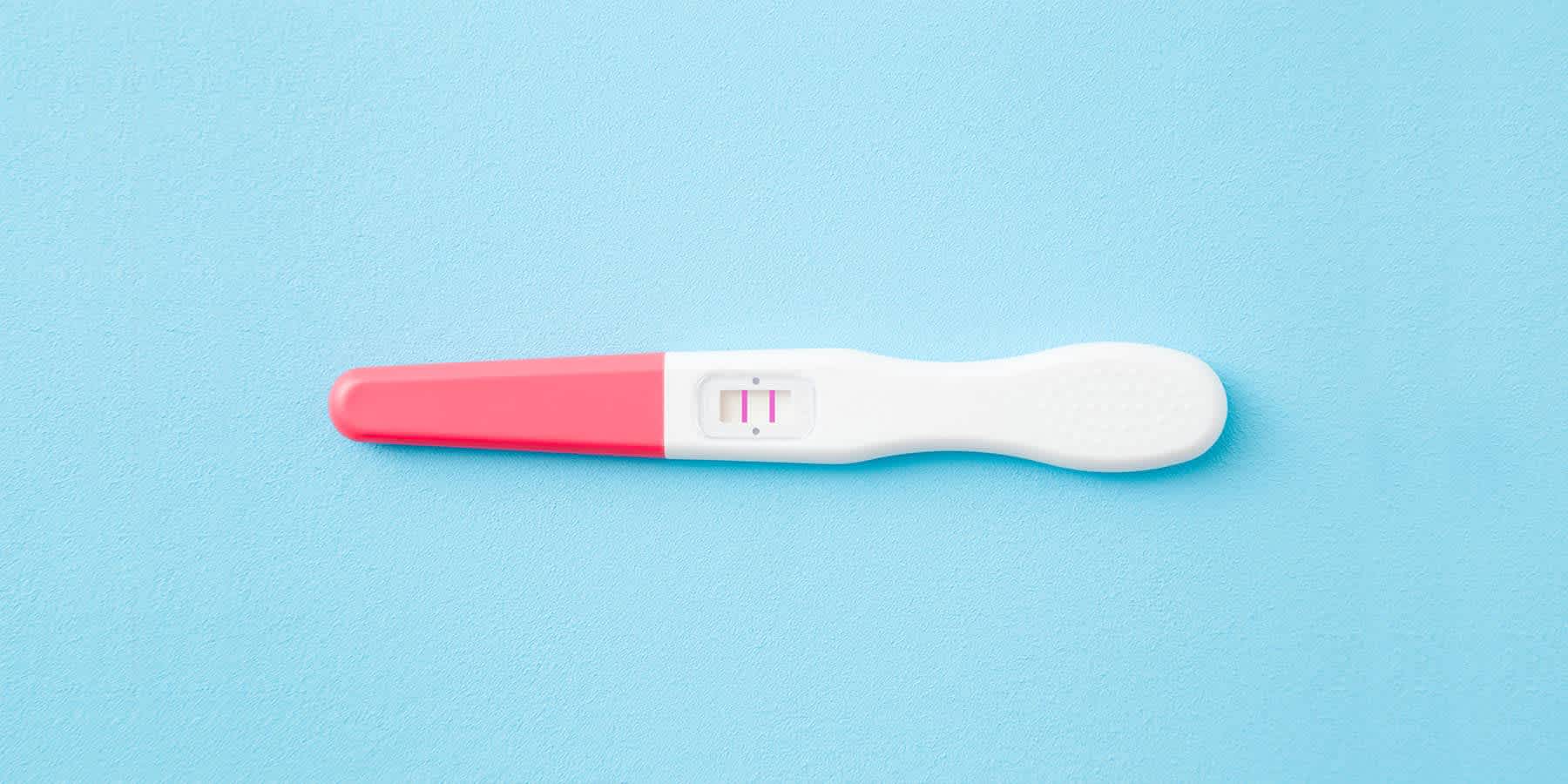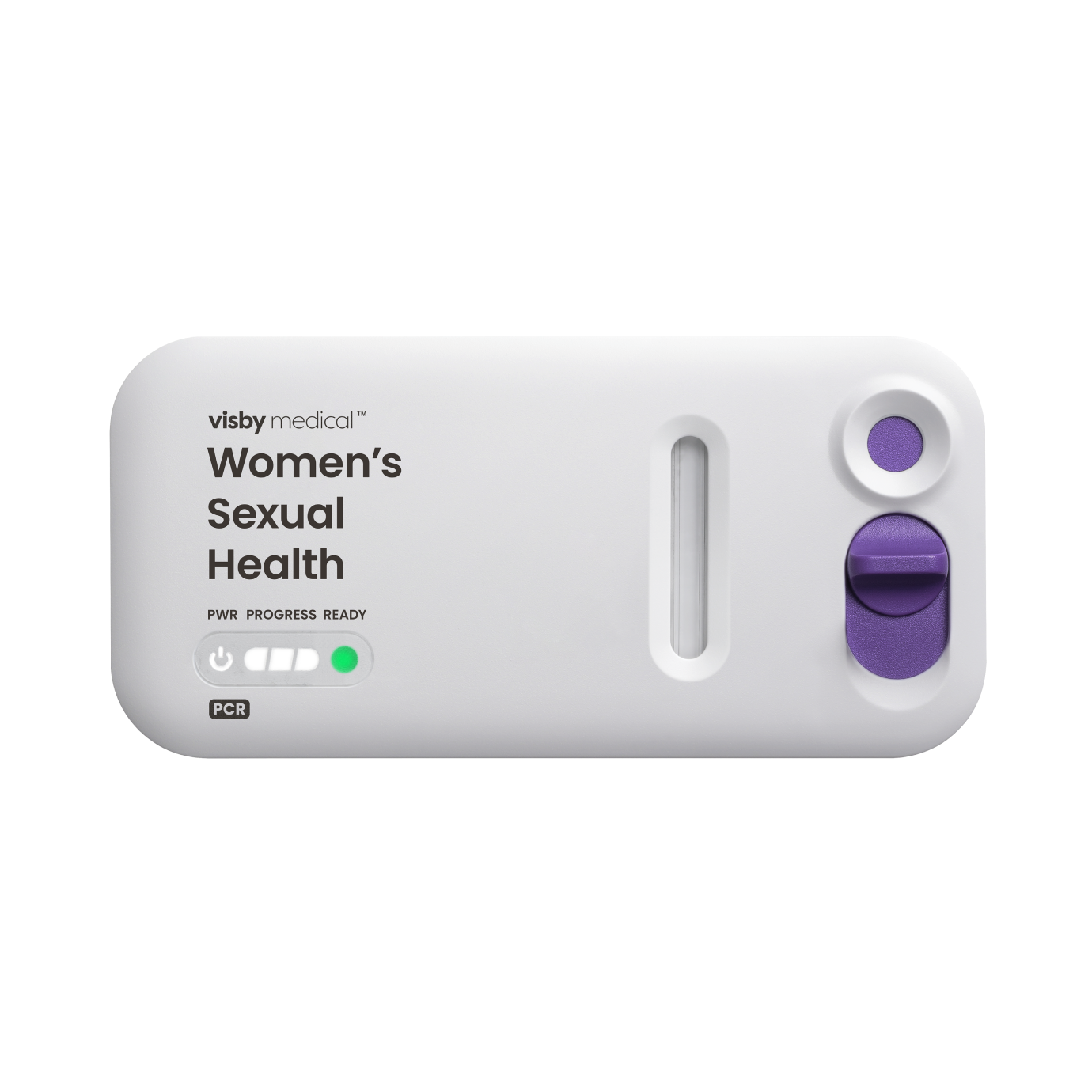
Medically reviewed on August 17, 2022 by Jordan Stachel, M.S., RDN, CPT. To give you technically accurate, evidence-based information, content published on the Everlywell blog is reviewed by credentialed professionals with expertise in medical and bioscience fields.
Table of contents
- Know the signs of ovarian cysts
- Learn more about different types of ovarian cysts
- Understand the causes of ovarian cysts
- Consider your ovarian cyst treatment options
- Discover other potential causes of infertility
- Learn more about your fertility levels with Everlywell
When you’re trying to get pregnant, you’ll experience a wide range of feelings. Excitement, anticipation, nervousness, and hope are all common stops on the roller coaster of emotions. If you don’t get pregnant right away, fear can begin to push aside those other emotions.
You might wonder what is causing your inability to get pregnant. Perhaps you know or think that you have ovarian cysts. Can they cause infertility?
Luckily, this common condition doesn’t typically cause female infertility. However, ovarian cysts can make it more difficult to conceive and may also contribute to other health problems. This guide will help you better understand how to get pregnant with ovarian cysts and other factors that might contribute to fertility problems.
Tip #1: Know the signs of ovarian cysts
Hearing the words ovarian cyst may frighten some and can lead to a questions, like do ovarian cysts cause infertility issues? Are ovarian cysts genetic? Can stress cause ovarian cysts?, etc. If you have an ovarian cyst, it’s important to first understand what it is, the signs of it, and the type you have.
Ovarian cysts are sacs that fill with fluid. They develop on your ovaries and typically occur naturally. They don’t usually cause problems and often go away without requiring any treatment. In fact, you often won’t even know that you have an ovarian cyst.
However, sometimes ovarian cysts make themselves known. If the cyst is very large or it ruptures, you will likely experience symptoms that might include:
- Pain during intercourse
- Changes to bleeding during your menstrual cycle
- Pelvic pain
- Bloating in your stomach
- Needing to urinate more frequently
- Persistent feeling of fullness, even when you don’t eat very much
Some people may also experience temporary difficulty becoming pregnant if an ovarian cyst ruptures, although this isn’t very common.
Tip #2: Learn more about different types of ovarian cysts
There are several different types of ovarian cysts and varying reasons why they might form. Understanding your specific case can help you and your healthcare provider determine the right path forward for you to reach your health and fertility goals.
Five different types of benign, non-cancerous cysts can form in the ovaries. These include: [1]
- Follicle cysts – What is a follicle on the ovary exactly and how do such cysts occur? These functional cysts occur when a follicle in your ovaries doesn’t break open and release the egg it contains. The follicle grows into a small cyst. The follicular cyst will go away on its own within three months and doesn’t cause pain or discomfort.
- Corpus luteum cysts – If the follicle containing your egg opens and releases the egg, the remaining material, called the corpus luteum, can still cause a cyst to form. If it reseals itself, it may fill with fluid. This type of functional cyst can go away on its own in a few weeks. However, sometimes they can get very large and cause pain and bleeding.
- Endometriomas – If you suffer from endometriosis, endometriomas are the cysts caused when the uterine tissue grows outside of the uterus. They can be extremely painful and can cause other problems.
- Dermoids – These relatively rare cysts can form on the ovaries after you’ve given birth. They are sac-like growths that contain tissue such as hair, bone, teeth, and fluids. Dermoids might be very small or very large. Because they can be problematic if they burst, many people choose to have them removed.
- Cystadenomas – Cystenomas tend to be very large in size. They are filled with fluid and can cause pain and discomfort due to their size.
Tip #3: Understand the causes of ovarian cysts
Whether you are experiencing a dermoid, a follicle cyst, or a corpus luteum cyst, ovarian cysts can have several common causes. Some of the most common reasons you might get ovarian cysts can include: [2]
- As the natural result of the menstrual cycle – When you ovulate, your body releases an egg from a follicle on your ovary. If the follicle doesn’t open and release the egg or the remaining tissue might reseal itself and trap liquid inside. Either of these situations can result in a cyst that will typically go away on its own.
- Polycystic ovarian syndrome (PCOS) – Certain hormonal conditions, such as polycystic ovarian syndrome, can also cause cysts to form on the ovaries. PCOS is a condition where the body produces excessive androgens. A high level of androgens can prevent ovulation, thus resulting in small cysts developing in follicles on the ovaries.
- Pelvic infections – A serious pelvic infection can cause cysts to form. These cysts pose a serious risk if they become infected and rupture. They can cause sepsis and must be treated with antibiotics or they could become deadly.
- Endometriosis – Endometriosis is a condition where uterine tissue grows outside of the uterus in other areas of the body, including the ovaries. This excess tissue can cause cysts to form. Over time, the cysts may burst, leading to painful scar tissue and a host of health problems.
- Cancer – The vast majority of ovarian cysts are benign. However, some can become malignant or cancerous. If your healthcare provider suspects that you have a tumor rather than a cyst on your ovaries, they will perform a battery of tests to confirm the diagnosis. It’s important to note that cancerous cysts are more common in those who are past menopause.
Tip #4: Consider your ovarian cyst treatment options
Many ovarian cysts resolve on their own without necessitating any treatment. In some cases, you won’t even know that you had an ovarian cyst because you won’t feel any pain or discomfort.
However, other cysts can cause symptoms and may require treatment. If you suspect that ovarian cysts are causing you pain and discomfort, the only way to know for sure is to visit your healthcare provider. There, your healthcare provider might use one of several methods to test for cysts, including: [2]
- An ultrasound
- A pregnancy test to ensure that you aren’t pregnant
- A blood test if you are post-menopausal to rule out cancerous tumors
- Hormone level tests
Once your healthcare provider has confirmed that ovarian cysts are the culprit behind your problems, you’ll have several options for treatment. The treatment options available and recommended depend on the type and severity of cysts you have. Treatments might include: [2]
- Pain medication – If your ovarian cysts cause mild to moderate discomfort but don’t require surgery, your healthcare provider might recommend pain medication to mitigate your symptoms until the cysts go away. Sometimes over-the-counter medications are sufficient, although if the pain is too strong a prescription might be needed.
- Hormonal birth control – Some forms of hormonal birth control prevent ovulation. If you don’t ovulate, you won’t have as high of a likelihood of cysts forming as the result of your menstrual cycle.
- Surgery – In certain cases, surgery might be needed to remove ovarian cysts. If your cyst or cysts are growing, cause severe pain, don’t go away on their own, or look odd, your healthcare provider may recommend surgery to remove the cysts.
Tip #5: Discover other potential causes of infertility
In most cases, ovarian cysts don’t cause infertility. The one situation that differs slightly is if your cysts are caused by endometriosis. In the cause of endometriosis, the condition itself rather than the cysts can damage your ability to conceive. [3] This is because severe endometriosis can lead to scarring of your uterine lining and scar tissue that can block the release of eggs from your ovaries.
Endometriosis isn’t the only potential cause of infertility, however. Other causes may include: [4]
- Structural problems – Some individuals struggle to become pregnant because the shape of the uterus makes it difficult for a fertilized egg to implant in the lining. If this happens, a viable pregnancy cannot occur. The fallopian tubes can also become blocked, thus preventing an egg from moving from the ovaries to the uterus.
- Medical conditions – Certain autoimmune diseases may also interfere with fertility. These can include rheumatoid arthritis, lupus, and thyroid conditions.
- Infections – Infections such as gonorrhea and chlamydia may also cause scarring. This scar tissue can block your fallopian tubes so that eggs cannot pass through to the uterus. HPV infections can harm your fertility.
- Menstrual irregularities – Similar to endometriosis, the cysts caused by PCOS aren’t a direct cause of infertility. However, the hormonal imbalance and menstrual irregularities resulting from PCOS can interfere with your ability to become pregnant. Other menstrual irregularities such as the absence of your period, prolonged heavy periods, and very painful periods may also contribute to fertility problems.
- Lifestyle factors – Finally, excessive alcohol use or smoking cigarettes may interfere with your fertility. Being very over or underweight can also cause you to have trouble conceiving. Eating a balanced diet, exercising, and getting plenty of healthy sleep can all help keep your body in prime shape.
Nonetheless, determining the cause can help you find the right fertility treatment option if needed.
Learn more about your fertility levels with Everlywell
Ovarian cysts are a common condition. They are often simply the result of your normal menstrual cycle and can resolve themselves without you ever knowing they were there. Certain health conditions such as PCOS and endometriosis may cause ovarian cysts and other symptoms. Typically, ovarian cysts aren’t the root cause of female infertility. Instead, a host of other factors might cause you to have difficulty becoming pregnant.
If you’ve been trying to get pregnant for over a year without success, it might be time to investigate the potential reasons why. The first step to determining why you haven’t conceived is to check your hormones.
The Everlywell Female Hormone Test measures specific, fertility-influencing hormones. Our easy-to-use, at-home testing kit can give you valuable insight into your body’s inner workings. This allows you to move forward armed with the information you need.
Related content
Can you get pregnant with one ovary?
Can stress cause ovarian cysts?
What is a follicle on the ovary?
How to shrink ovarian cysts naturally
References
Spotlight on
February is Cancer Prevention Month

86% of cancers aren't caught by recommended screenings. See what they're missing with a single blood draw.
Save $100 now
Explore Everlywell









